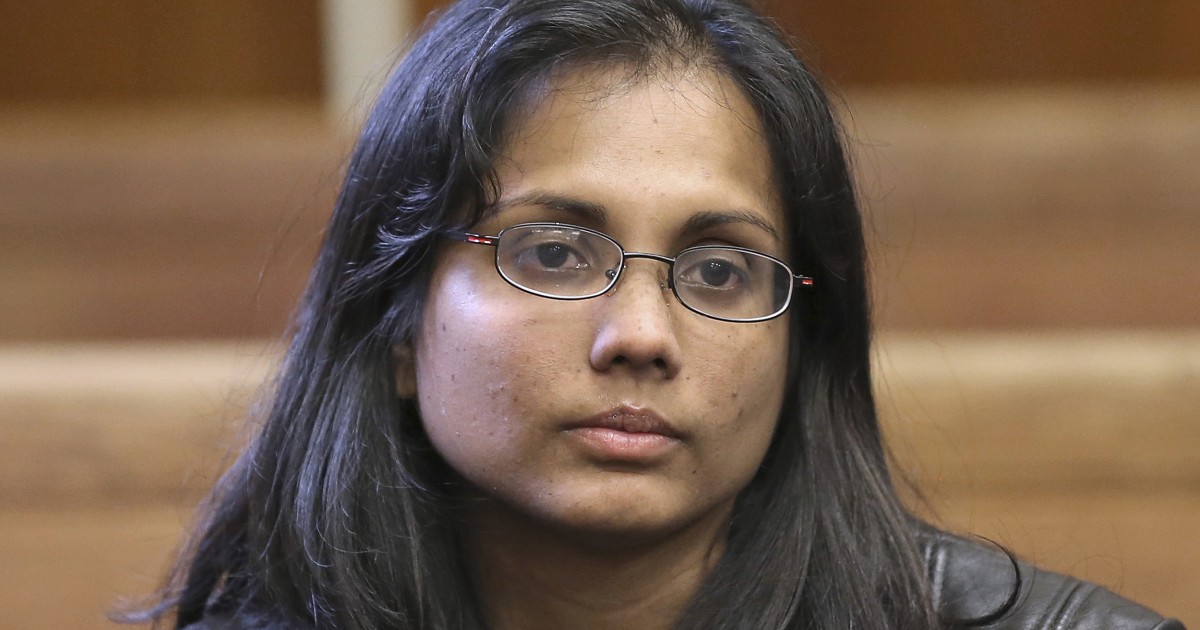I never said that A.I. are perfect or will fix human imperfection. I said that they are more logical, trustworthy and reliable than human beings if properly guardrailed. For example, who would you prefer to inspect your nuclear reactors?
https://www.bloomberg.com/news/articles/2018-02-21/inspections-allegedly-faked-at-southern-s-nuclear-power-plant
Who would you trust to read your blood test?
Who would you even trust to drive your car (once they tighten up "self-driving" vehicles. By the way, I do not know why nobody adopts my solution of thin fiber optic "tracks" implanted down all public roads which the cars are obligated to follow perfectly, with their technology concentrating primarily on anti-collision measures rather than steering and driving skills, e.g., stopping if a child or some other obstacle darts into the road, with humans having the ability to override and take control if needed. Humans can regain control off of main public roads, in parking lots and the like. Our highways could be laid with these cables and cars would run like trainlines from on-ramp to destination off-ramp, but also in many city streets where non-self-driving cars would be forbidden or limited to certain lanes and areas.)
And what is wrong with a combination of AI with human supervision? I want my medical tests to be read by AI and human eyes.
As to "inaction" that may cause a human death, the system could alert a human who could override its inaction. Human intervention will be needed only until we know that the systems are more reliable than humans. For example, there were 48,000 bus crashes in the USA in 2021, with about 200 lives lost in 2024 (LINK) If, after a few years, it is shown that AI operated busses only result in, for example, 10% as many crashes and deaths, we can allow them to be more fully autonomous. Airplanes are the same now, and it is possible that soon we will be down to a single pilot on board, and perhaps someday, no pilot but someone on the ground who could take control at a distance if needed.
Gassho, J
stlah
https://www.bloomberg.com/news/articles/2018-02-21/inspections-allegedly-faked-at-southern-s-nuclear-power-plant
Who would you trust to read your blood test?
Who would you even trust to drive your car (once they tighten up "self-driving" vehicles. By the way, I do not know why nobody adopts my solution of thin fiber optic "tracks" implanted down all public roads which the cars are obligated to follow perfectly, with their technology concentrating primarily on anti-collision measures rather than steering and driving skills, e.g., stopping if a child or some other obstacle darts into the road, with humans having the ability to override and take control if needed. Humans can regain control off of main public roads, in parking lots and the like. Our highways could be laid with these cables and cars would run like trainlines from on-ramp to destination off-ramp, but also in many city streets where non-self-driving cars would be forbidden or limited to certain lanes and areas.)
And what is wrong with a combination of AI with human supervision? I want my medical tests to be read by AI and human eyes.
As to "inaction" that may cause a human death, the system could alert a human who could override its inaction. Human intervention will be needed only until we know that the systems are more reliable than humans. For example, there were 48,000 bus crashes in the USA in 2021, with about 200 lives lost in 2024 (LINK) If, after a few years, it is shown that AI operated busses only result in, for example, 10% as many crashes and deaths, we can allow them to be more fully autonomous. Airplanes are the same now, and it is possible that soon we will be down to a single pilot on board, and perhaps someday, no pilot but someone on the ground who could take control at a distance if needed.
Gassho, J
stlah







Comment